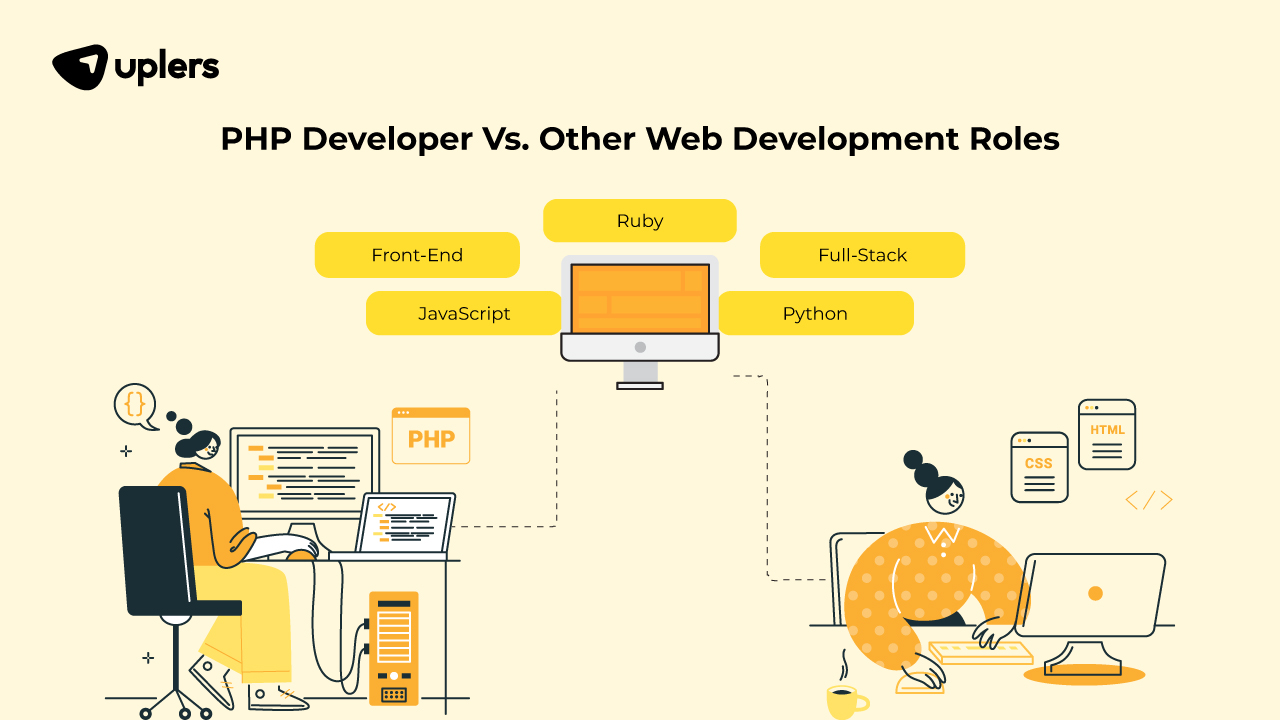Insightful Journeys
Explore a world of knowledge and information.
PHP Development: The Secret Sauce Behind Dynamic Websites
Unlock the secrets of PHP development and discover how it powers dynamic websites like magic! Transform your web skills today!
Understanding PHP: How It Powers Your Dynamic Website
PHP (Hypertext Preprocessor) is an open-source server-side scripting language widely used for creating dynamic web pages. Its ability to generate HTML content on the fly makes it an invaluable tool for developers aiming to enhance user engagement. Unlike static HTML, which requires manual updates for any change, PHP allows developers to embed code directly within HTML documents, leading to more interactive and personalized web experiences. By accessing databases, handling forms, and managing sessions, PHP seamlessly integrates various functionalities that are essential for modern websites. To further explore its capabilities, you can check out the official PHP Manual.
One of the notable features of PHP is its compatibility with various databases, most notably MySQL. This synergy allows developers to build robust applications that can store and retrieve information efficiently. Whether you are creating an e-commerce site, a content management system, or a simple blog, PHP provides the necessary tools to implement features like user authentication, data manipulation, and dynamic content rendering. Its vast community and extensive library of frameworks such as Laravel and Symfony further enrich the development environment, making it easier for developers to create scalable applications. In summary, understanding PHP is essential for anyone looking to build dynamic websites that cater to user needs.

10 Essential PHP Functions Every Developer Should Know
In the world of PHP development, understanding the essential functions can significantly enhance your coding efficiency and effectiveness. Here are 10 essential PHP functions that every developer should have in their toolkit:
strlen()- This function returns the length of a given string, making it crucial for input validation.strpos()- Useful for finding the position of the first occurrence of a substring within a string, greatly aiding in string manipulation tasks.array_push()- This allows developers to add one or more elements to the end of an array, which is essential for dynamic data handling.json_encode()- A vital function for converting PHP arrays into JSON format, making it easier to transmit data between a server and a client.header()- This function is critical for sending raw HTTP headers, particularly useful in redirection and content type setting.
Additionally, mastering these functions can empower developers to write more robust applications. Functions like mysqli_connect() for database connections and date() for date formatting can save countless hours in coding and debugging. Being familiar with them not only improves your coding practices but also enhances your overall productivity. For more detailed information, check out this excellent guide on PHP functions.
Is PHP Still Relevant in 2023? A Deep Dive into Its Modern Uses
As we progress through 2023, many developers and businesses are left questioning Is PHP still relevant? The short answer is yes. PHP remains a powerful server-side scripting language that powers a significant portion of the web, with estimates suggesting that around 78% of websites using PHP in some capacity. This could be attributed to its ease of use, wide community support, and extensive library of frameworks such as Laravel and Symfony. These frameworks not only streamline development processes but also enhance security and performance, ensuring PHP remains a viable choice for developers looking to build dynamic websites and applications.
In addition to its enduring popularity in web development, PHP is adapting to modern needs. With the rise of APIs and microservices, PHP integrates well into contemporary architectures, making it an excellent choice for building RESTful services. Modern PHP also includes features such as type declarations, improved performance with the latest versions, and enhanced support for asynchronous programming through libraries like ReactPHP. Thus, while newer languages may be gaining traction, PHP's flexibility and robust ecosystem ensure that it remains relevant and effective in meeting the diverse demands of today’s developers.